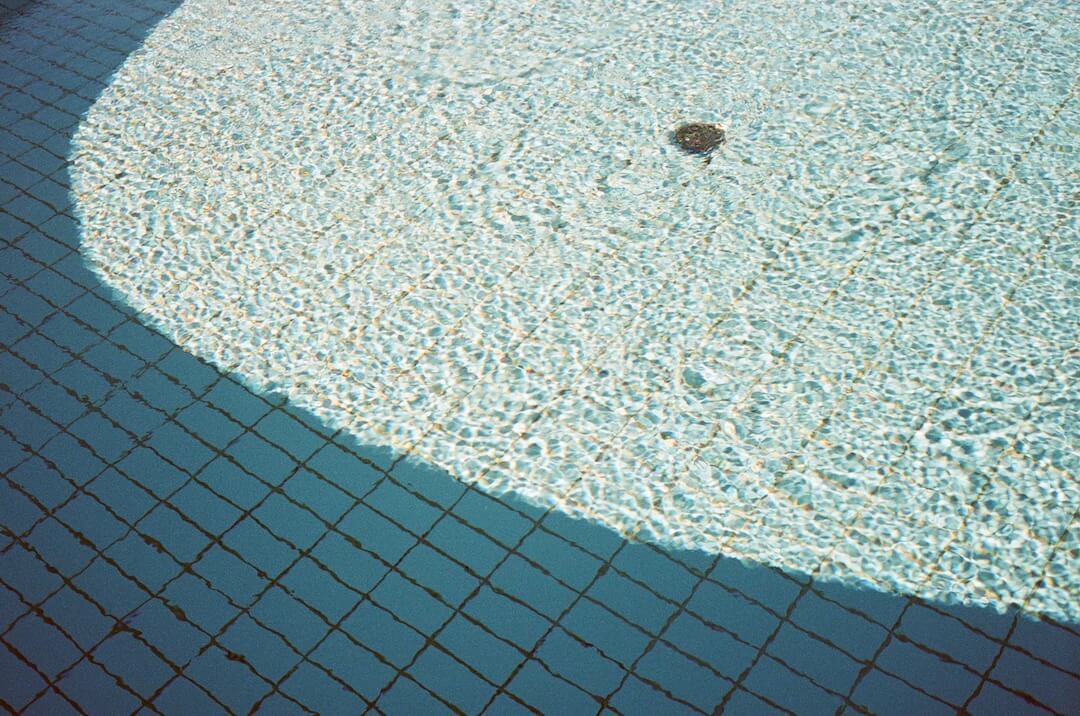How to Properly Acid Wash a Pool

How to Properly Acid Wash a Pool
In the vibrant city of Fort Lauderdale, maintaining the pristine condition of your pool is essential for enjoying Florida’s sunny weather and outdoor lifestyle. An acid wash is a powerful cleaning method used to restore a pool’s surface, remove stubborn stains, algae buildup, and improve water clarity. However, performing an acid wash requires careful handling, precise techniques, and knowledge of safety protocols to avoid damage and ensure the best results. This comprehensive guide will walk you through the proper process of acid washing a pool in Fort Lauderdale, emphasizing safety, environmental considerations, and professional best practices.
What Is an Acid Wash and When Is It Necessary?
An acid wash involves applying a diluted muriatic acid solution to the pool’s surface to strip away the outer layer of the plaster or gunite, revealing a fresh, clean surface underneath. This process is typically necessary when your pool exhibits severe staining, calcium deposits, or algae that standard cleaning methods cannot remove. In Fort Lauderdale’s climate, pools are often exposed to mineral buildup from hard water and environmental contaminants, making acid washing an effective restoration technique.
It’s important to note that an acid wash is a restorative procedure and should be performed judiciously, usually no more than once every 3-5 years, to prevent damage to the pool surface. Consulting with our professional pool technicians in Fort Lauderdale ensures the process is done safely and appropriately.
Safety Precautions Before Starting an Acid Wash
Safety is paramount when handling muriatic acid. Always wear personal protective equipment (PPE), including chemical-resistant gloves, goggles or a face shield, long-sleeved shirts, and waterproof boots. Ensure the area is well-ventilated, and keep children and pets away from the workspace. Proper storage of acid in a secure, labeled container is essential to prevent accidents.
Prepare your workspace by removing all pool accessories, filters, and pool equipment that may be sensitive to acid exposure. Also, have plenty of clean water on hand for rinsing and diluting solutions during the process.
Tools and Materials Needed
- Muriatic acid (diluted hydrochloric acid)
- Plastic or rubber spray bottles or garden sprayers
- Broom or pool brush
- Pool vacuum
- Protective PPE (gloves, goggles, mask)
- Garden hoses and water supply
- Pool testing kit for pH and alkalinity
- Neutralizing agents (baking soda or soda ash)
- Backup water supply for dilution and rinsing
Step-by-Step: How to Acid Wash a Pool in Fort Lauderdale
1. Assess the Pool Condition
Begin by inspecting your pool’s surface. If the staining or buildup is severe, an acid wash can help. If the surface is very delicate or has existing cracks, consult a professional to avoid further damage.
2. Balance the Pool Water
Adjust the pH, alkalinity, and calcium hardness levels to their optimal ranges. A balanced pool water ensures the acid interacts uniformly with the surface and reduces the risk of etching or damage.
3. Drain the Pool
Drain the pool water below the tile line or to a level that exposes the stained or problematic areas. In Fort Lauderdale, ensure disposal of the drained water complies with local environmental regulations, especially when dealing with acid runoff.
4. Clean the Pool Surface
Remove any loose debris, algae, or dirt with a pool brush and vacuum. This step ensures the acid interacts directly with stains and mineral deposits, not dirt particles.
5. Dilute the Muriatic Acid
Prepare the acid solution by diluting muriatic acid with water—typically a 1:1 ratio for most applications. Always add acid to water, never the reverse, to prevent dangerous splashes. Use a plastic or rubber container for mixing.
6. Apply the Acid Solution
Using a spray bottle or garden sprayer, carefully apply the diluted acid to the stained areas. Work in small sections, ensuring even coverage. Avoid overspraying onto areas you do not wish to treat, such as the tiles or fixtures.
7. Allow the Acid to Sit
Let the acid solution sit for 3-5 minutes, observing the reaction. You may see bubbling or fizzing as the acid reacts with mineral deposits. Do not let the acid dry completely; if necessary, lightly re-apply to keep the surface moist.
8. Gently Scrub the Surface
Use a pool brush to scrub the surface lightly, helping to loosen stains. Avoid excessive scrubbing, especially if the pool surface is delicate, to prevent etching or pitting.
9. Rinse Thoroughly
Using a garden hose with a spray nozzle, rinse the entire surface with clean water until the acid smell dissipates and no residue remains. Proper rinsing is crucial to prevent lingering acid that could damage the surface over time.
10. Neutralize Residual Acid
If any acid remains, or if you notice residual acidity, sprinkle baking soda or soda ash over the surface and rinse again. This neutralizes remaining acid and helps restore the pH balance.
11. Refill the Pool and Balance Water Chemistry
Refill the pool to the appropriate water level. Test and adjust pH, alkalinity, calcium hardness, and sanitizer levels before refilling. This ensures your pool is safe and comfortable for swimming.
12. Regular Maintenance
After an acid wash, increase your routine chemical checks and cleaning schedule. In Fort Lauderdale’s climate, regular skimming, brushing, and water testing will prolong the fresh look and prevent future buildup.
Environmental Considerations in Fort Lauderdale
In Fort Lauderdale, protecting Florida’s delicate waterways is essential. When disposing of drained water containing acid residues or mineral deposits, ensure you comply with local environmental regulations. Preferably, neutralize any residual acid and dispose of wastewater at approved facilities or in accordance with local guidelines. Using eco-friendly cleaning practices helps preserve Florida’s water quality and natural surroundings.
When to Call a Professional for Acid Washing
While minor stains may be tackled DIY, professional pool cleaning companies in Fort Lauderdale are equipped to handle more extensive acid washes safely and effectively. Our professionals have specialized equipment, experience with local water conditions, and knowledge of the appropriate chemical ratios and procedures to avoid damaging your pool surface.
Additionally, a pro can evaluate whether an acid wash is necessary or if alternative cleaning methods, such as deep cleaning or surface refinishing, are more suitable. Hiring experienced technicians ensures your pool restoration is safe, environmentally responsible, and long-lasting.
Final Tips for a Successful Acid Wash in Fort Lauderdale
- Never perform an acid wash on a new or fragile pool surface without consulting an expert.
- Always dilute muriatic acid properly—never use concentrated acid directly.
- Wear all recommended PPE to prevent chemical burns or inhalation.
- Work in well-ventilated outdoor areas, and avoid performing the procedure during windy or rainy weather.
- Schedule the acid wash during warmer months when the pool can be refilled and balanced promptly.
In conclusion, properly acid washing a pool in Fort Lauderdale is an effective way to rejuvenate your backyard oasis, improve water clarity, and extend the lifespan of your pool surface. When executed with care, safety, and professional guidance, this process can restore your pool’s aesthetic appeal and ensure safe, enjoyable swimming in sunny Florida. Contact our local experts today for personalized advice and high-quality pool restoration services tailored to Fort Lauderdale’s unique climate and water conditions.



